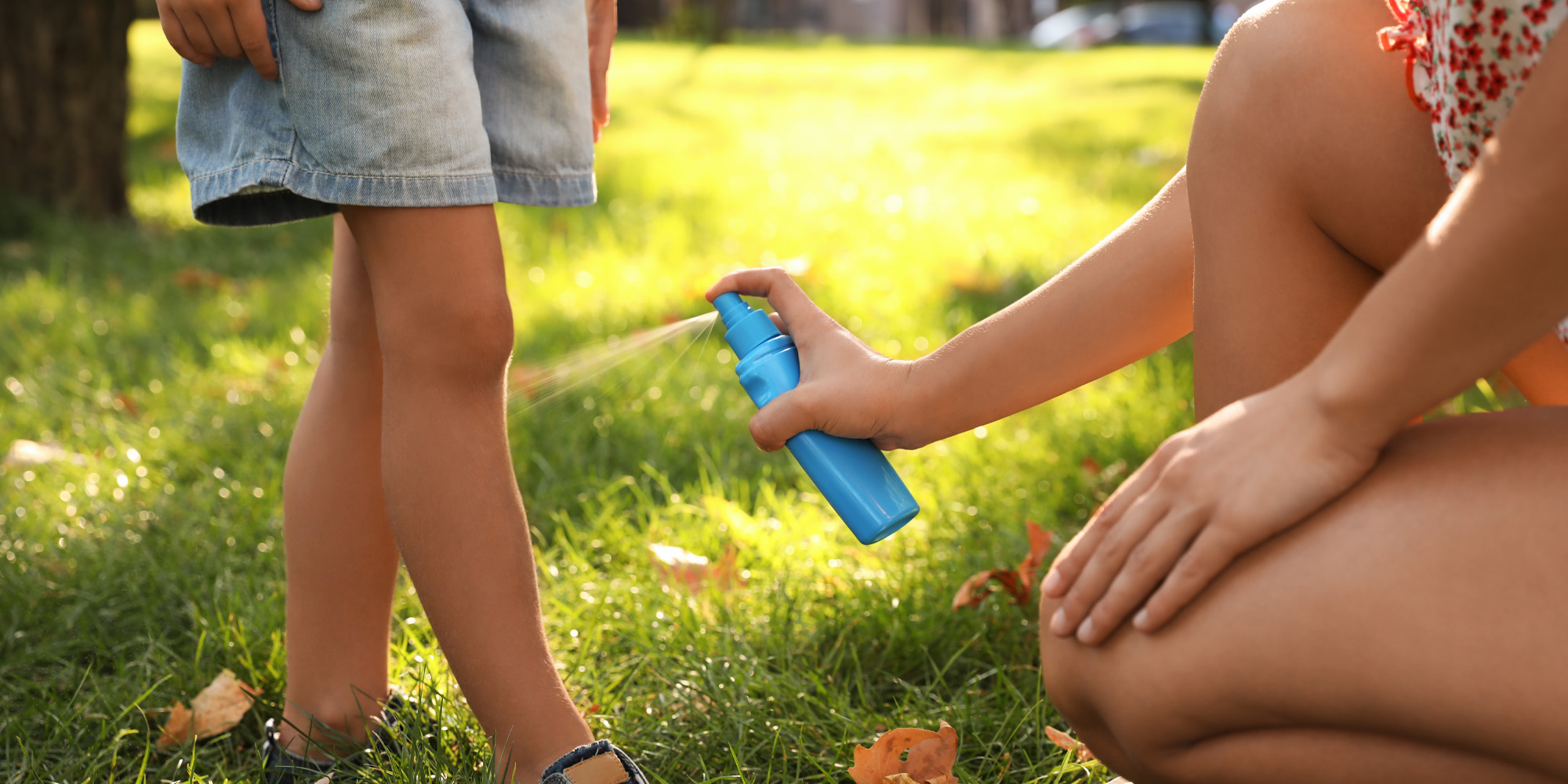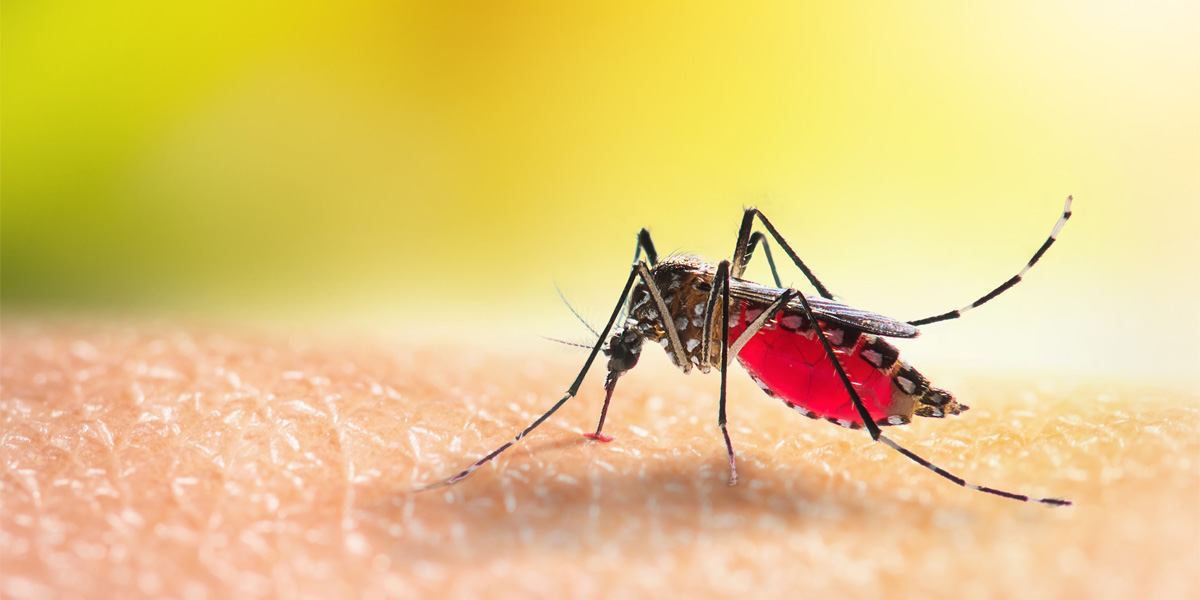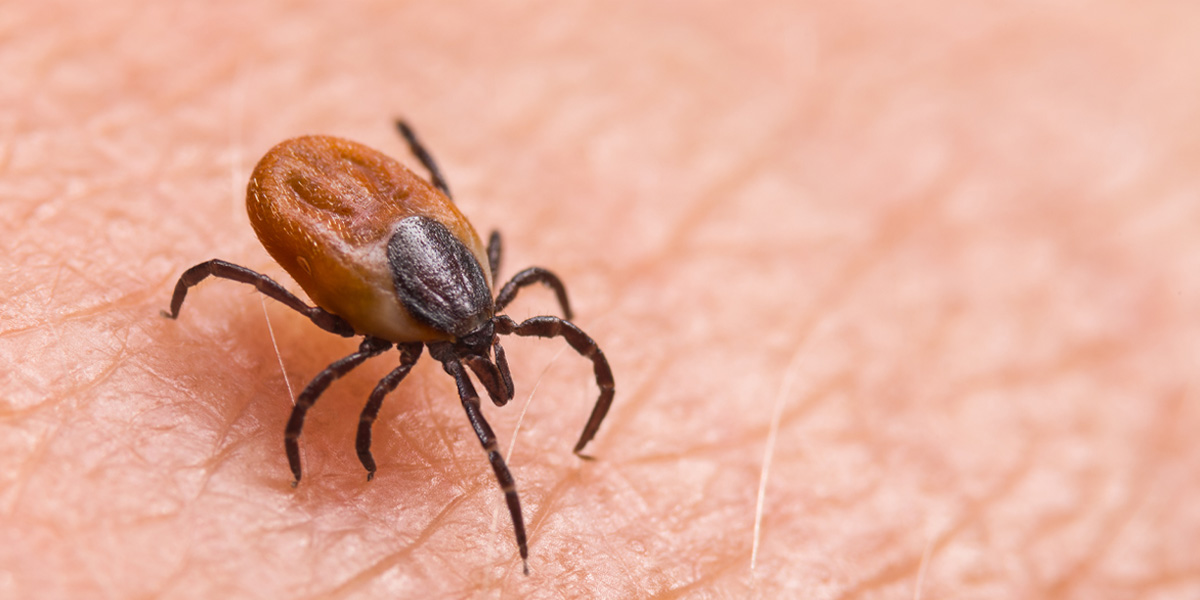
One of the most common summer insects is the mosquito, which can be more than a nuisance. Mosquitoes can carry a number of viruses that can have short and long term effects. Another common insect to watch out for is the tick. Here is what you need to know.
West Nile Virus
West Nile, carried by mosquitoes, can cause serious illness or death, especially in the elderly. The Centers for Disease Control and Prevention recommends using DEET, picaridin, or oil of lemon Eucalyptus to repel mosquitoes. Note: DEET should not be used on babies under 6 months and children should use lower doses of DEET.
If you don’t want to use a chemical, protect yourself by wearing long sleeves and pants and staying away from areas that have stagnant water. Some believe that using cinnamon leaf oil or catnip oil is effective. Also, some recommend washing with citronella soap. Do not use natural oils directly on your skin. Research proper application methods. These oils are safe when properly diluted with a carrier oil.
Lyme Disease
Lyme disease is an infection caused by a specific bacteria carried by deer ticks and is spread through tick bites. Deer ticks are about the size of a sesame seed and are common in many parts of the United States, including the Midwest.
Symptoms of Lyme disease in its early stage include a rash, fever, chills, headaches, and muscle aches. Lyme disease, if left untreated, can spread to other parts of the body including the heart, nervous system, and the brain (meningitis). Lyme disease is treated with antibiotics.
Prevention of Lyme disease is key. To prevent tick bites, dress appropriately when in the woods or areas that are overgrown with bushes or tall grass:
You should cover as much of your skin as possible with a long-sleeved shirt and long pants tucked into your socks.
Clothes that are light-colored are preferred as they make it easier to see and remove a tick that might have gotten on your clothing.
Once you are back inside, check your skin thoroughly for ticks and/or rashes. Make sure you check both your body and your scalp.
Should you find a tick, use tweezers to grasp the tick as close to your body as possible. Pull up to remove the tick. Wash well and apply an antiseptic to the bite. Make sure that you watch your skin for the next few months. Should you see a rash, contact your doctor.




